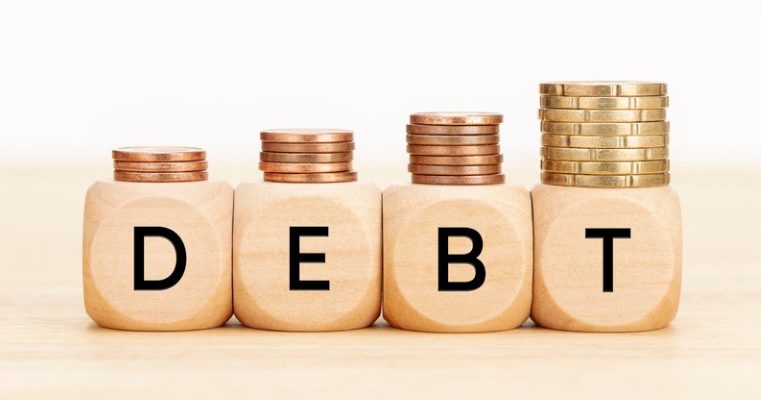
The Hidden Risks of Personal Debt
The Hidden Risks of Personal Debt
Widespread access to credit is one of the advantages enjoyed by a prosperous society. Credit improves your financial power, allowing you to access the things you need now based on your promise to pay later.
However, this advantage is a double-edged sword. When treated lightly, debt can put your well-being, finances, and future at risk.
At a time when household debt is more than twice than it was 20 years ago, we think it’s worth examining the different ways that debt can impact you over the long term.
How Does Debt Affect Your Mental Health?

According to a survey conducted by Money and Mental Health, almost half of people with debts problems experience mental health difficulties. More than 85% of respondents also said their poor financial situation worsened their mental health.
Debt can make you feel anxious. It can be a considerable burden that steals your peace of mind. This is especially the case if you feel that you are facing them all along without any support from family, friends, or creditors.
This stress can affect your sleep. Losing out on sleep, in turn, can lower your mood and energy levels. Moreover, it can ruin your ability to work effectively and maintain healthy relationships with your family and friends.
Debt can then create a negative spiral, with the two problems of anxiety and lack of sleep feeding back into each other and making it more difficult for you to cope.
How Do Debts Affect Your Credit Score?

When you carry out debt consolidation for a long time, it can have a negative effect on your credit score.
Your credit score is a measure of the risk that creditors take on when they lend you money. Lenders are less likely to approve loan applications if you have a bad credit score. This can reduce access to financial help, whether you need it to take out a small business loan or buy a house.
It’s far easier to damage your credit score than improve it. That being said, there are steps you can take to ensure that your situation don’t lower your credit score. These include:
- Paying off your credit cards fully before using them again
- Taking out a debt consolidation loan to make repayments more manageable.
- Using debt repayment strategies such as the snowball or avalanche method.
How Does Debt Affect Your Future?
Saving enough money for a comfortable retirement can be challenging, even under the best circumstances. Debts can become an anchor, preventing you from reaching your retirement goals, no matter how hard you work.
That being said, blindly paying off debt before retirement can actually short-change your retirement pot in the long run. The key is to get rid of any high-interest debts. When your remaining debts have a lower interest rate than your potential investment returns, you should be safe to move onto a mix of paying off debt and investing.
Debt: Use it Wisely

Overall, having access to credit is a good thing. But whenever you use it, you should bear in mind the serious consequences of debt on your mental well-being, finances, and future. That way, you can better enjoy its benefits – without suffering as a result of its risks.





